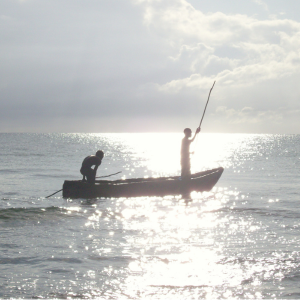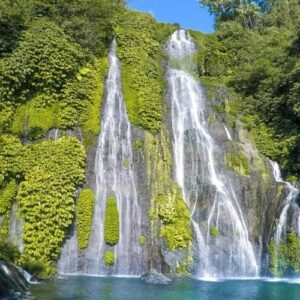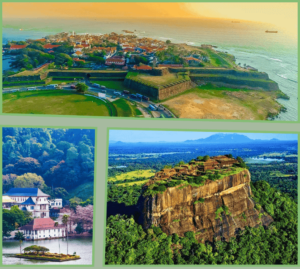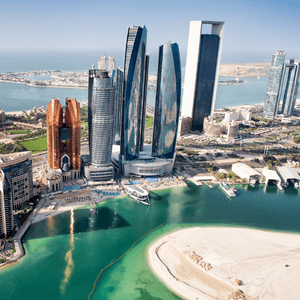Importance of the marine biodiversity of the Western Indian Ocean

Human livelihoods, and even industrial production, are also dependent on what are known as ecosystem services or the provision of goods and services within an environment, with the biodiversity as its basis. We thus need to sustainably conserve our biodiversity (including the associated natural resources) to survive, develop and thrive. The shores and coastal waters of the Western Indian Ocean[1] (WIO) are recognized globally for their biological richness, natural beauty and high ecological and socio-economic value. With some of the Indian Ocean’s most diverse coral reefs, mangrove forests, sand dunes and seagrass beds, the region is one of the less ecologically disturbed areas of ocean in the world. Endemism is high, at 22% in the WIO region (as compared to for example 13% in the Red Sea and 6% in the Eastern Indian Ocean). Five of the world’s seven species[2] of marine turtle nest on beaches in the region. The coastal and marine habitats support rich and complex populations of marine species that rely on this diversity for their productivity. The WIO region generates about 4.8 % of the global fish catch, equivalent to about 4.5 million tons of fish per year.








